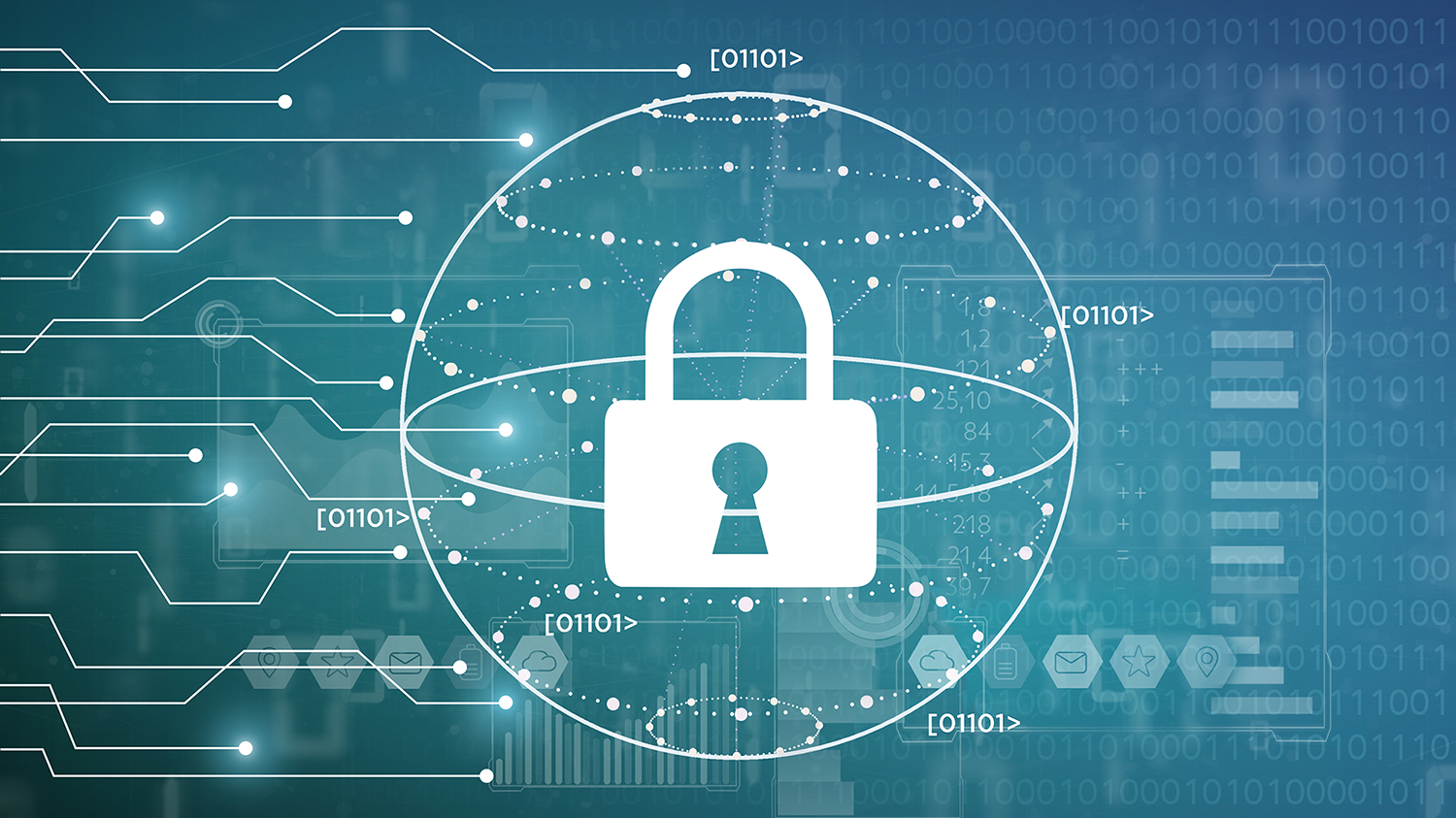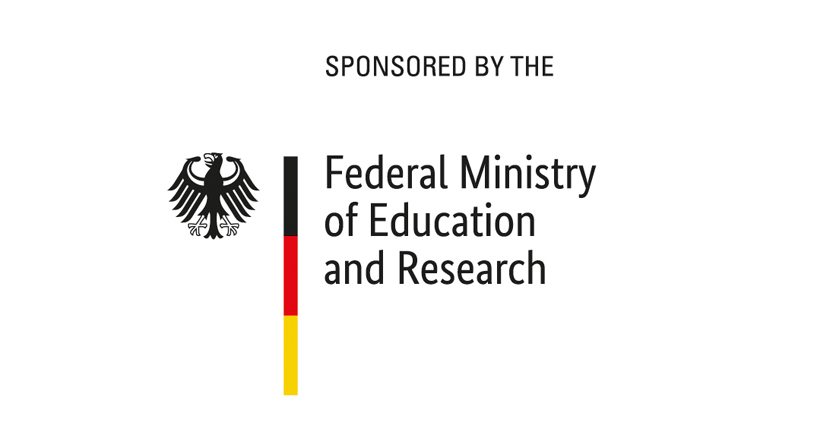QuantumQAP − Hybrid quantum place&route for post-quantum cryptographic code synthesis on FPGAs

Motivation
There are mathematical problems that cannot be solved in a reasonable time with today's computers based on the Turing machine principle. These are, for example, discrete problems such as the Quadratic Assignment Problem (QAP), which is relevant for the design of microprocessors and whose solution would lead to more efficient and faster processors. Hard-to-solve problems, on the other hand, are also essential for data security, since the corresponding security protocols cannot be easily circumvented. Therefore, the goal of this project is to combine the two aspects mentioned above in order to solve mathematical problems faster on the one hand and to continue to ensure the security of data on the other hand.
Goals and Approach
To develop hardware such as microprocessors, field-programmable gate arrays (FPGAs) are typically used. However, optimizing the interconnection of these logic devices is itself a difficult problem for Turing machines (the QAP mentioned above). Quantum or quantum-inspired hardware seems to be a better way to solve this problem. The approach in the QuantumQAP project is to combine quantum hardware and theoretical solution approaches that are applied in the two application fields of FPGA interconnection and post-quantum cryptography.
Goals and Approach
The novelty of the approach is the parallel execution of the QAP solver algorithm, i.e. the ability to offload appropriate operations to a quantum computer. Thus, the algorithm can be applied to quadratic assignment problems and can also help in the implementation of algorithms for post-quantum cryptography to protect information.
Project partners and funding
Partners in the project coordinated by Dr. Thomas Soddemann, head of SCAI's High Performance Computing business area, are, in addition to Fraunhofer SCAI, Quantum Brilliance GmbH, Stuttgart, and Thales Deutschland GmbH, Ditzingen, as well as adiutaByte GmbH in Sankt Augustin as an associated partner.
The project is funded by the German Federal Ministry of Education and Research (BMBF) as part of the funding measure Anwendungsnetzwerk für das Quantencomputing (Application Network for Quantum Computing).
Project duration: 01/2022 – 12/2024
